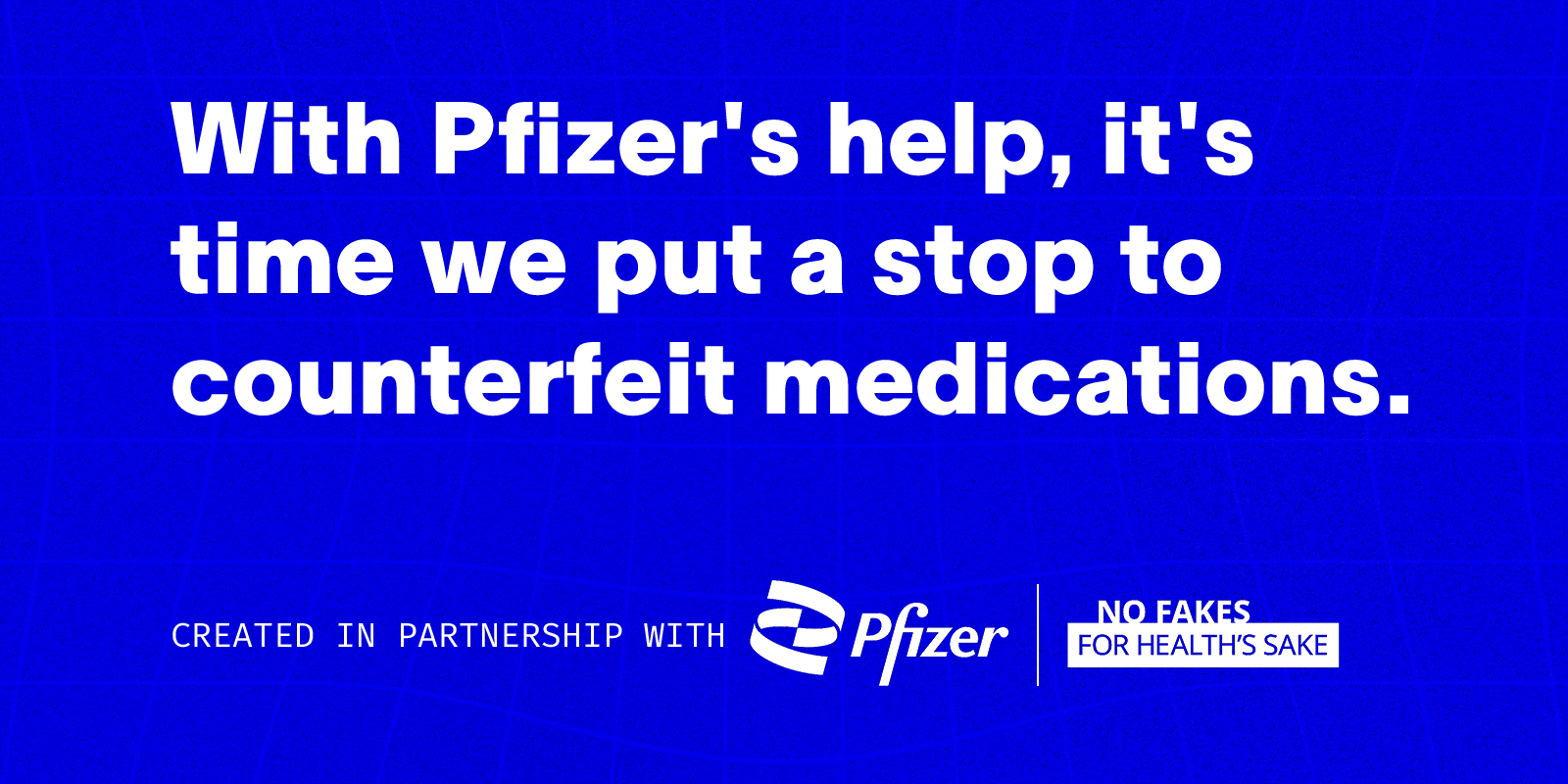Medtech
Counterfeit Medications Are Taking Over the Internet. Here’s How to Spot Them.
Here’s what you need to know about fraudulent online pharmaceuticals.

The internet is home to a unique cast of villains, ominous figures we’re all cautioned about: cyber bullies, identity thieves, hackers, seedy strangers. But at this particularly dismal moment in (digital) history, the web’s most devious characters are not merely phishing scammers looking to con you into sharing your credit card info, but rather, more seemingly innocuous players: online pharmacies. “A 2021 survey by the Global Alliance for Safe Online Pharmacies found that 95% of online pharmacies are operating illegally,” says VICE News host and medical researcher Avisha Nessaiver. “That means, often, they’re peddling fake drugs that may be laced with illegal substances.”
In a post-quarantine world, we’ve come to embrace virtual spaces as valid alternatives to things like in-person doctor visits and therapy sessions more than ever before — and as digital pharma becomes a more trusted resource, we’re seeing a major uptick in online unlicensed pharmacies selling medicines without prescriptions at discount prices to unwitting patients. “This is one of those problems that doesn’t get nearly the amount of public attention it deserves,” says Rick Roberts, professor of medical sciences at the University of San Francisco. For him, the topic hits close to home: Back in the early aughts, he unknowingly purchased a counterfeit AIDS medication. “When it happened to me, nobody wanted to share their medical issues in public, so we weren’t warning each other… but when I realized what had happened, I knew I had to talk about it.”
Several years passed, and Roberts thought that the dangers of the counterfeit medicine market had diminished substantially — until now. “I thought it was over, until the internet happened,” he says. “Now, folks are ordering things from all over the world and the FDA doesn’t have control over what happens outside of our borders.”
Fortunately, research and development teams at Pfizer are currently hard at work to slow down and better identify popular counterfeit medications in order to protect consumers. “Our main concern is the fact that people don’t even know to be worried about fake medications,” says Lev Kubiak, vice president and deputy security officer at Pfizer. “Plenty of false pharmacy sites will come up if you search for any medication online, so it’s a huge risk.” At Pfizer’s labs, teams of trained chemists are dedicated to analyzing suspect medicines provided by law enforcement or customs, in the hopes of empowering doctors with the info they’ll need to mitigate side effects from falsified drugs. “We can put a stop to this, with more research and consumer education,” adds Kubiak.
Watch the video above for a closer look at what goes on in Pfizer’s research and development labs, as well as how to spot potentially counterfeit medications online — then do your best to share information about the dangers of counterfeit medicines in your circles.


ETF Talk: AI is ‘Big Generator’
Second nature comes alive Even if you close your eyes We exist through this strange device — Yes, “Big Generator” Artificial intelligence (AI) has…
Apple gets an appeals court win for its Apple Watch
Apple has at least a couple more weeks before it has to worry about another sales ban.
Federal court blocks ban on Apple Watches after Apple appeal
A federal appeals court has temporarily blocked a sweeping import ban on Apple’s latest smartwatches while the patent dispute winds its way through…














